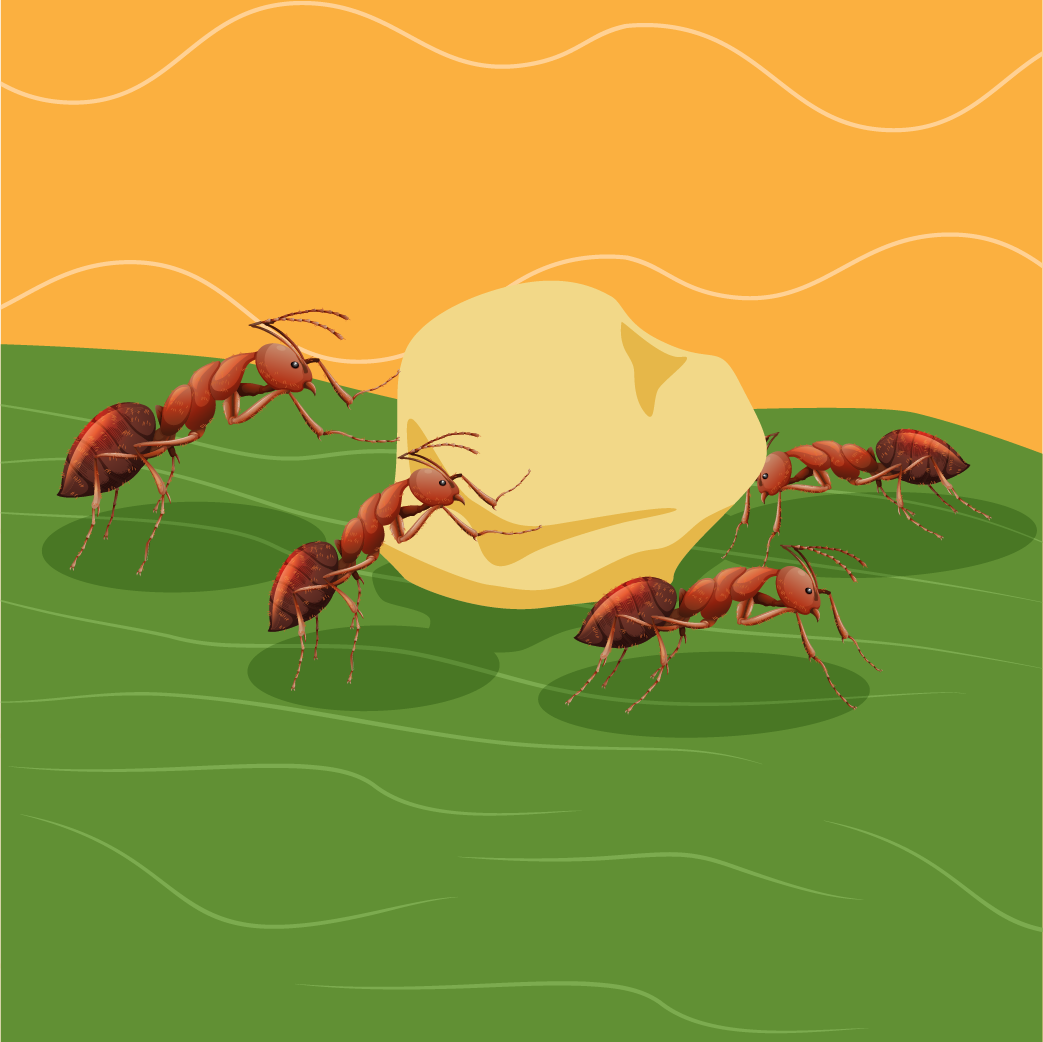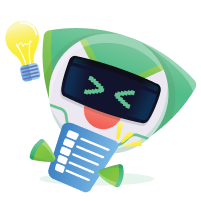Chapter 1: Scientific skills
What you need to learn in this chapter

- Classify objects or events into groups or categories based on their similarities and differences
- Make predictions or hypotheses based on observations and prior knowledge
- Conduct experiments or investigations to test predictions or hypotheses
- Collect and analyze data using appropriate tools and techniques
- Draw conclusions based on the data collected and make inferences or generalizations
- Communicate and present findings and results using appropriate scientific language and formats
2. Scientific Attitudes and Values
- Develop curiosity and interest in the natural world
- Show open-mindedness and willingness to explore new ideas and perspectives
- Demonstrate honesty and integrity in conducting scientific investigations
- Practice patience and perseverance in the face of challenges and setbacks
- Show respect for the environment and all living things
- Collaborate and work effectively in a team to solve scientific problems
By studying this chapter, we will learn how to use scientific skills and attitudes to better understand the world around us and to solve problems in a systematic and logical manner.
Topics in this chapter

Challenge your friend in timed Quiz battle
Learn more »


